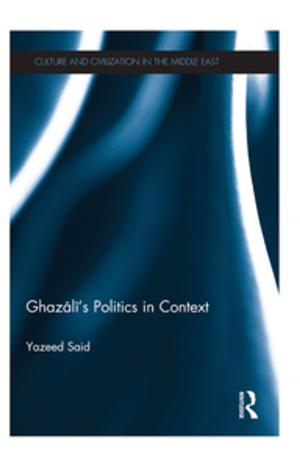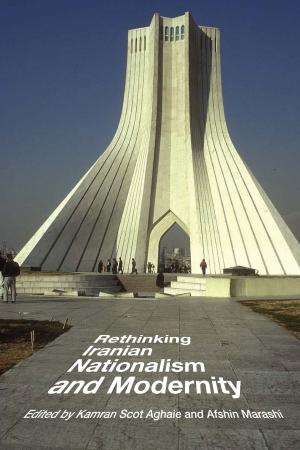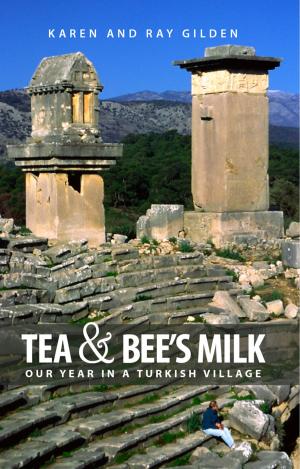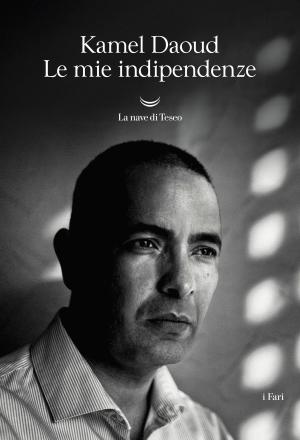| Author: | Scott Davis | ISBN: | 9781614570400 |
| Publisher: | Cune Press | Publication: | May 8, 2011 |
| Imprint: | Smashwords Edition | Language: | English |
| Author: | Scott Davis |
| ISBN: | 9781614570400 |
| Publisher: | Cune Press |
| Publication: | May 8, 2011 |
| Imprint: | Smashwords Edition |
| Language: | English |
The Road from Damascus introduces some of the finest Syrian artists and writers (Fateh Moudarres, Walid Ikhlassy, Zouhair Dabbagh, Youssef Abdelke, and Mamoun Sakkal) who are creating a vibrant modern culture — a “next step” that surpasses the Islamic radicalism of 9-11 and builds a bridge between East and West.
It was a rough few years in the Middle East: suicide attacks, hostage-taking, hijackings. In 1985 the terror spread to Europe, and Americans were among the victims. The following year the United States responded by attacking Libya. Commentators said that Syria was next.
In Seattle, Scott C. Davis was curious. Did Middle Eastern people hate us? How true were media stereotypes which condemned Muslims, Arabs, and Syrians? Davis flew to Damascus. Two hours after arriving, he took a hotel room with a Muslim “fundamentalist” and found himself using his mountaineer’s compass to answer technical questions: Exactly how many degrees to Mecca?
Two weeks later in the shadow of a great Crusader castle, Davis and a local teenager ran from the mukhabarat and took shelter in a stone house on the cliff side. After dark they ate a meal with sisters and friends. Then the teenager played disco on a Korean boom box, and Davis gave bump dance lessons to six Muslims including two women. While the dancers shook, the cows in the room below shuffled and moaned.
A few weeks later in a dry town at the edge of the Euphrates, Davis was invited to play chess by a Kurdish soldier on leave. The night was cold, and the soldier pulled a sheepskin cape over his shoulders for warmth. As the game progressed, the soldier taunted the 241 US Marines killed in Beirut four years earlier. At checkmate Davis learned that the taunts concealed respect, sorrow, and an inescapable comradeship.
On his first night in Syria, traveling on a rickety transit bus into Damascus, Davis had been overcome with apprehension. Weeks later, returning to Damascus from hard travel on the eastern steppe, Davis welcomed this city as a safe moorage, a quiet resting place, an enduring home.
The Road from Damascus introduces some of the finest Syrian artists and writers (Fateh Moudarres, Walid Ikhlassy, Zouhair Dabbagh, Youssef Abdelke, and Mamoun Sakkal) who are creating a vibrant modern culture — a “next step” that surpasses the Islamic radicalism of 9-11 and builds a bridge between East and West.
It was a rough few years in the Middle East: suicide attacks, hostage-taking, hijackings. In 1985 the terror spread to Europe, and Americans were among the victims. The following year the United States responded by attacking Libya. Commentators said that Syria was next.
In Seattle, Scott C. Davis was curious. Did Middle Eastern people hate us? How true were media stereotypes which condemned Muslims, Arabs, and Syrians? Davis flew to Damascus. Two hours after arriving, he took a hotel room with a Muslim “fundamentalist” and found himself using his mountaineer’s compass to answer technical questions: Exactly how many degrees to Mecca?
Two weeks later in the shadow of a great Crusader castle, Davis and a local teenager ran from the mukhabarat and took shelter in a stone house on the cliff side. After dark they ate a meal with sisters and friends. Then the teenager played disco on a Korean boom box, and Davis gave bump dance lessons to six Muslims including two women. While the dancers shook, the cows in the room below shuffled and moaned.
A few weeks later in a dry town at the edge of the Euphrates, Davis was invited to play chess by a Kurdish soldier on leave. The night was cold, and the soldier pulled a sheepskin cape over his shoulders for warmth. As the game progressed, the soldier taunted the 241 US Marines killed in Beirut four years earlier. At checkmate Davis learned that the taunts concealed respect, sorrow, and an inescapable comradeship.
On his first night in Syria, traveling on a rickety transit bus into Damascus, Davis had been overcome with apprehension. Weeks later, returning to Damascus from hard travel on the eastern steppe, Davis welcomed this city as a safe moorage, a quiet resting place, an enduring home.




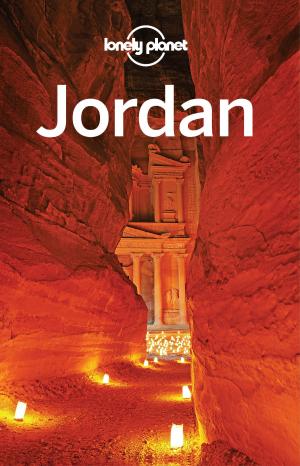


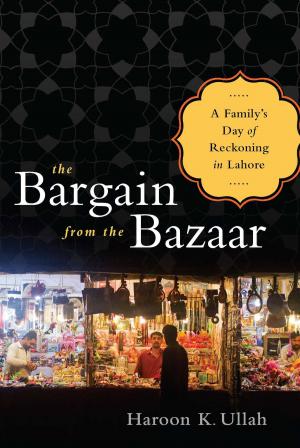

![Cover of the book U.S. Marines In Battle: An-Najaf, August 2004. [Illustrated Edition] by Scott Davis](https://www.kuoky.com/images/2014/august/300x300/9781782893929-K8hX_300x.jpg)
